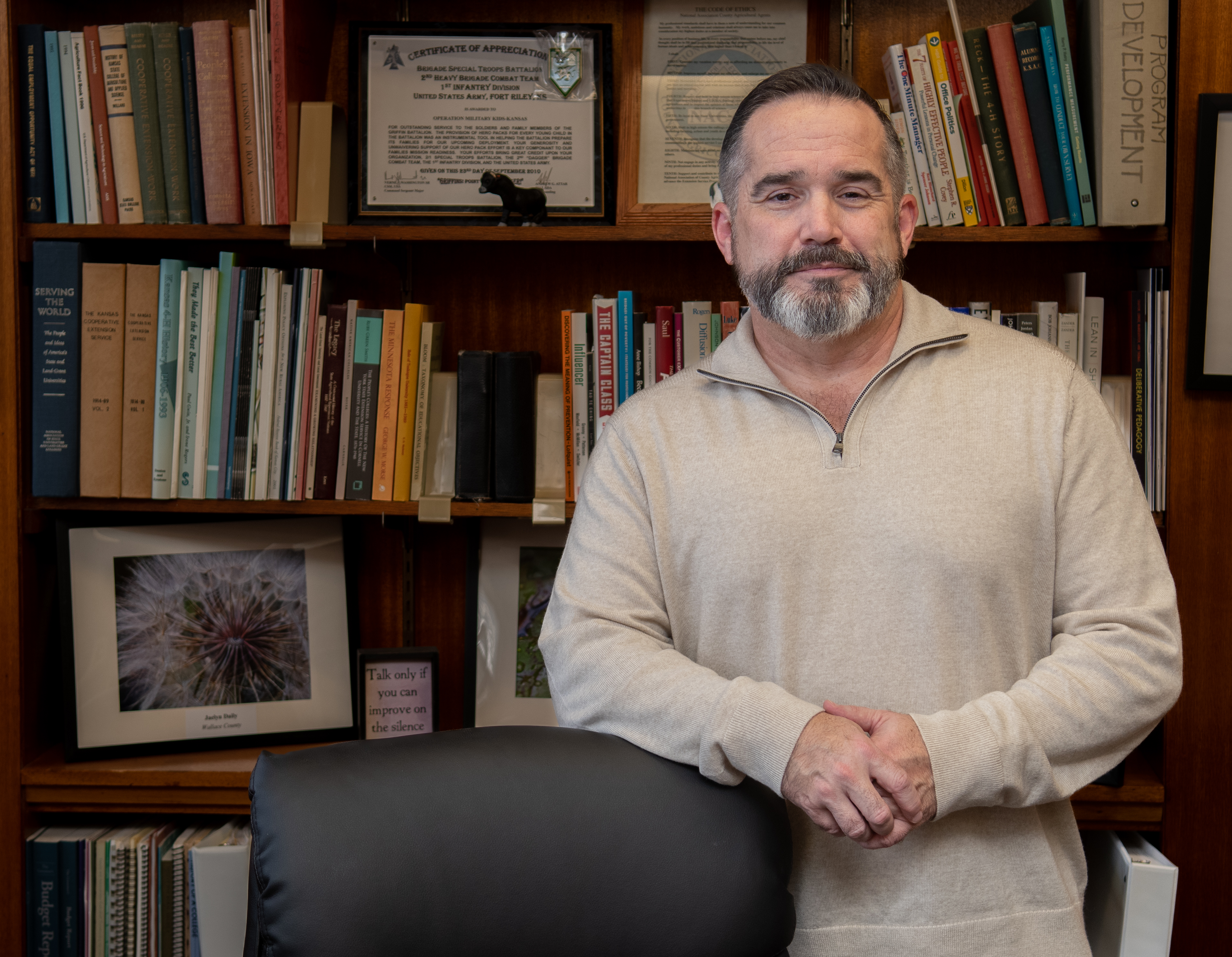May 30, 2023
Five Things New and Not-So-New Extension Professionals Should Remember

I had the pleasure of meeting with a cohort of new extension professionals this past week. When I asked Jennifer Wilson and Laurie Chandler what they wanted me to talk about, they suggested outlining some key points to remember that enable agents to have both rewarding and productive extension careers. That list could be endless, but I forced myself to limit it to five points.
One, as I see it, we can only claim we are new for the first year. This was something I learned when I was in the agribusiness sector. Use your newness as a reason to get out and introduce yourself to as many people and organizations as you can. If you wait longer than that to meet someone, you risk them asking themselves why you hadn’t bothered meeting with them earlier. Are you a not-so-new extension professional? Always remember that communities, organizations and even farms change over time. Make sure you reach out to get to know the new members in your circle of influence.
Two, when someone directly contacts you with an inquiry, respond. We are all guilty of missing an email, voicemail, or text now and then. Things happen. However, not responding to someone’s direct inquiry is one of the quickest ways to erode people’s faith in you as a professional and a person. I recommend a goal to my leadership team to have an initial response to 90% of your inquiries in 48 hours. Are you going to be out of the office for an extended period? Use the out-of-office function in our email to let people know when you will be back. Did the request come over the weekend, after office hours, or on a holiday? The clock starts ticking when you get back to work. Respond.
Three, always place your learners (clients, customers, etc.) and their needs first-and-foremost. Most people who become extension professionals do so because they want to help people improve their lives, livelihoods and communities through the power of our evidence-based education, research, and facilitation. Sometimes, when times get tough, we often lose sight of that and begin focusing on the daily distractions and conflicts that happen along the way. When this happens, reprioritize the learner, their needs, and how you are going to meet their needs. I have found that extension professionals who focus on the needs of the learner have longer and more rewarding careers than those driven by distractions.
Four, have fun. I know that work styles differ but appreciate the experience while you are working hard. Enjoy the company of your colleagues and learners while still being impactful. Working environments can be more productive and effective than an environment focused purely on task completion.
Fifth, continue to do the non-work things that make you who you are. I had a colleague here at K-State Research and Extension who was dying. In our last conversation he referenced my passion for weight training by looking me straight in the eye and saying, “be sure to lift.” He went on to tell me that our professional careers can be all consuming. We sometimes lose ourselves in them. He said I had lifting to take myself away from work, relieve stress, and just be me. One final piece of sound advice: when a dying person gives you their insight into a successful life, you listen. Be sure to lift, or whatever it is that makes you – you.